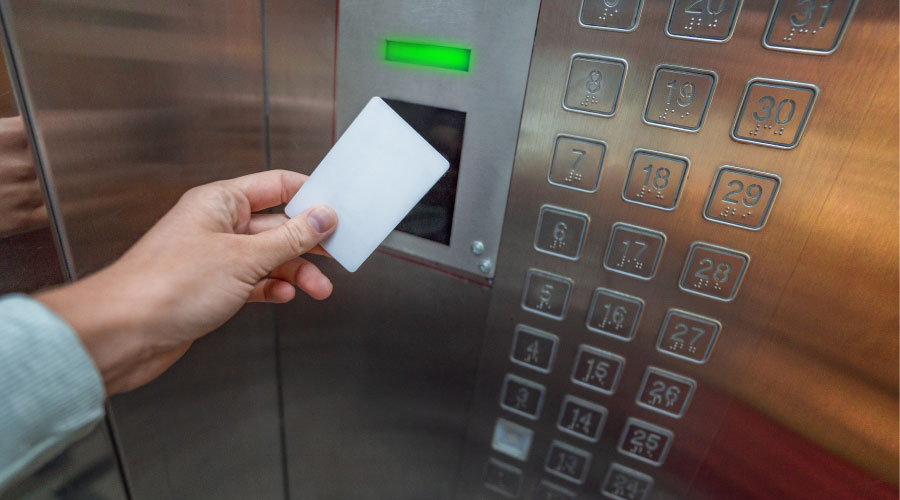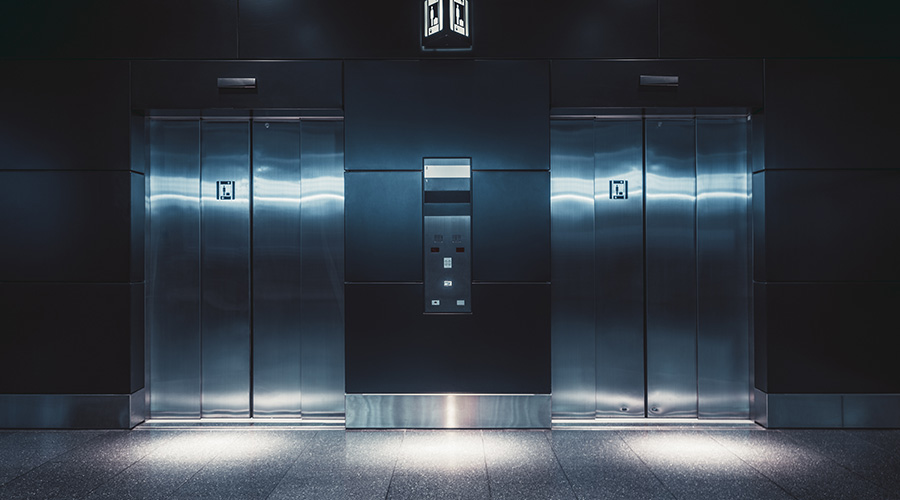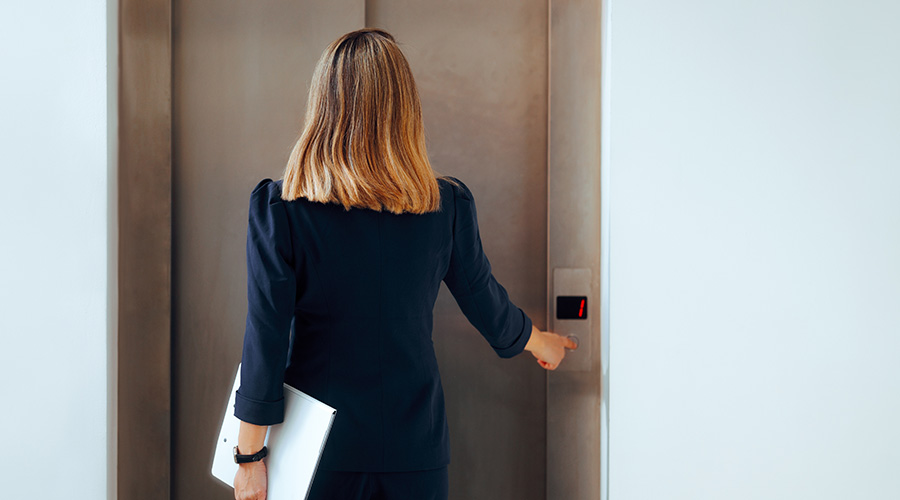Specify What Elevator Maintenance Contract Does And Does Not Cover, Consider Safety Codes When Planning Elevator Maintenance
Another area to check: Some contracts try to identify all the equipment the contractor will examine and adjust. The problem with this approach? "It's a laundry list and may leave something out' that's not readily apparent, says Dick Gregory, a consultant with Vertex Elevator. Gregory recommends instead that an elevator maintenance contract specify what it does and does not cover; for example, it might say the maintenance company will be responsible for all equipment associated with the elevator, and then also list individual pieces of equipment, such as the door to the maintenance room, that it won't maintain. That makes it less likely that the contract will omit a piece of equipment the facility manager assumes is covered. Along with the applicable safety codes and maintenance contracts, the specific elevators installed in a facility have to be understood if the facility manager is to evaluate the suitability of the maintenance work.
The elevator manufacturer and date of installation "provide a baseline for everything,' says Bryan Hines, vice president, strategic accounts with Lerch Bates and Associates. That's because the maintenance required often varies with the age of the elevator and the amount and type of use it gets. It's critical that the elevator contractor know the type of equipment you're using.
In addition, you want to know how the elevator operates, Hines notes. For instance, are all the doors opening and closing smoothly? Are cabs riding at about the same speed? If not, it's likely that some need adjustment, he adds. The lights and bells also should function as intended. This is key both for occupants' safety and to ensure compliance with applicable codes. The Americans with Disabilities Act, for instance, requires audible signals for car direction: one gong for an elevator going up, and two for an elevator headed down.
The facility manager also should regularly visit the machinery room to check conditions, says Albert Gallo, president of Sierra Consulting Group. "You don't have to be an elevator person to know if it's clean or dirty or if there's an abnormal noise or a smell indicating some wearing.'
Maintenance Best Practices
Once a mechanic is on site, what should happen? To start, Kohl recommends a dual sign-in procedure. That is, rather than the elevator contractor simply showing up, doing the work, and leaving, a facility professional meets him or her, learns the purpose of the visit, and is notified when the work is completed. This process boosts the likelihood that the visit will accomplish its objectives. It also lets everyone know whether the contractor is engaged in preventive or "call-back' maintenance, which can result from a lack of proper maintenance in the first place.
While the exact list of tasks can vary with the condition and type of elevator, "every piece should be checked, lubricated and examined,' Kohl says.
At least monthly, the mechanics should inspect the hoist ropes and machines driving the elevator, Cuzzi says. They should be lubricated and operating properly.
All this takes time. When drawing up contracts, Gallo typically requires at least two hours of maintenance per elevator, per month. That number can jump if the elevator is older and has more moving parts, so be sure to allocate sufficient time for monthly elevator maintenance.
A competent mechanic also will order replacement parts well before a particular piece of equipment has reached the end of its serviceable life, says Hines. That way, the new part can be installed when it's least disruptive.
The mechanic also should conduct the required tests each month or annually. For instance, the emergency recall system typically should be tested monthly. "It's a primary safety function so you want to make sure that monthly test is conducted,' Hines says.
Related Topics:














